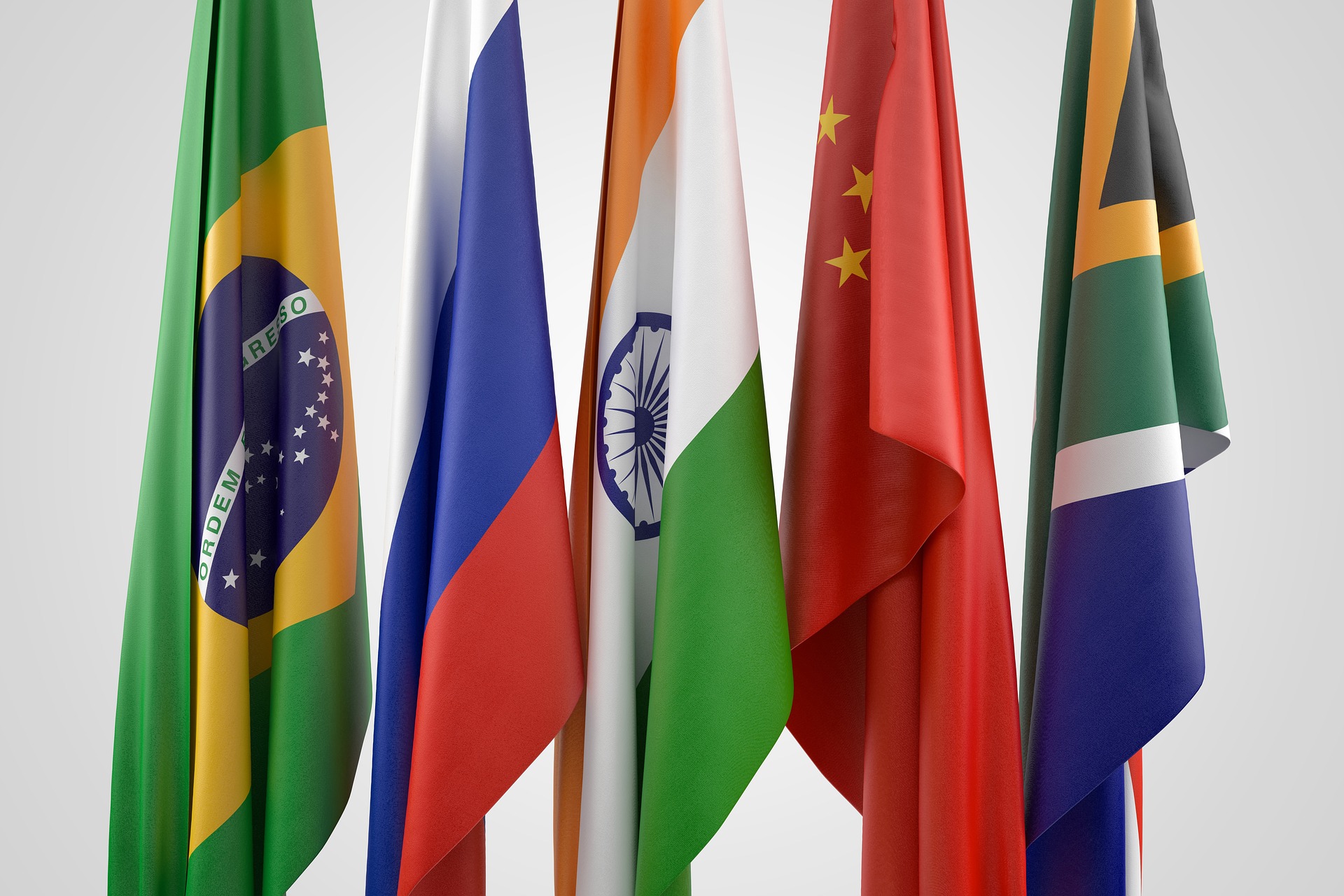
By Gershwin Wanneburg
Jim O’Neill, the man who coined the term BRICS, appears to have been on a badmouthing spree that seeks to diminish the achievements of the five-nation group. This is not the first time that O’Neill has been critical of BRICS, even though many of his assertions are easily contradicted by facts, as we do in the article below. But first to the former Goldman Sachs chief’s anti-BRICS tirades.
In an interview with the Financial Times ahead of the 15th BRICS summit in Johannesburg in August, O’Neill was dismissive of the quintet’s accomplishments since their first formal meeting in 2009. In 2001, in a paper for Goldman Sachs, O’Neill touted the idea that Brazil, Russia, India and China ought to be given greater consideration in global politics, due to their economic importance. However, now O’Neill seems to have all but lost faith in their significance.
O’Neill told Financial Times that proposals to create a BRICS currency that could challenge the dominance of the dollar were ridiculous. He was equally savage in a more recent interview with This Day. He told the Nigerian publication that only India and China had made any progress over the past two decades since he christened them the BRICs (sans South Africa, which joined in 2011).
‘BRICS is completely dependent on India and China’
“Russia and Brazil…had a very good first decade, but since 2010, both have been extremely disappointing and of course South Africa as well. In fact, each of the three countries’ share of global GDP is back to where it was when I created the acronym in 2001,” O’Neill told This Day. “So, the aggregate of the BRICS is completely dependent on India and especially China. China today, despite having significant problems, is twice the size of the other BRICS countries put together. So, BRICS is an economic club that is dependent on the importance of China and India.” As for the alliance’s expansion plans, O’Neill believes the selection criteria for the new members seem to be based on anti-Western sentiment. At best, O’Neill’s assessment of the evolution of BRICS is simplistic. At worst, it seeks to advance a particular world view as unassailable, with seemingly no consideration for the facts or any complex analysis.
The facts O’Neill ignores
To avoid O’Neill’s wrong-headed traps, let’s analyze his key assertions one by one.
1. Russia and Brazil…had a very good first decade, but since after 2010, both have been extremely disappointing and of course South Africa as well…
It’s undeniable that these countries have faced enormous challenges over the past two decades but the reasons for these “disappointments” are far more varied and complex than O’Neill seems to suggest here. In Russia, for example, its growing international isolation has certainly contributed to economic pressures, while Brazil and South Africa have faced a prolonged period of political turbulence, which in the case of the latter led to the crumbling of institutions and infrastructure. Add the Covid-19 pandemic to the mix, and you have layer upon layer of compounded crisis.
2. each of the three countries’ (Brazil, Russia, South Africa) share of global GDP is back to where it was when I created the acronym in 2001…
True. But here you have to be very careful with the statistics. GDP figures are slippery at the best of times. In this case, GDP statistics ignore the context in which growth happened; more specifically the growing global inequality gap. In other words, the economic backsliding of Brazil, Russia and South Africa did not happen in a vacuum.
3. The selection criteria for the new Brics members seem to be based on anti-Western sentiment.
There is simply no evidence for this. In fact, there is substantial evidence to the contrary, putting O’Neill’s comments in this regard almost in the category of fringe view. A group of academics recently penned an article for The Conversation in which they offer a careful analysis of BRICS’ positioning in relation to the US. Their conclusion is that “the common portrayal of BRICS as a China-dominated group primarily pursuing anti-U.S. agendas is misplaced.” Instead, they argue that “BRICS countries connect around common development interests and a quest for a multipolar world order in which no single power dominates.” As for O’Neill’s dismissal of BRICS’ achievements, the academics found that between 2009 and 2021, there had been growing cooperation around a variety of issues ranging from economics to security, especially related to industrial development and finance.
Is Britain Also a Disappointment to Its Citizens?
All in all, O’Neill’s comments resemble those of a disappointed dad with outdated views of the so-called emerging markets, and a very limited analysis of the progress that BRICS countries have made over the past decade to advance their strategic objectives. He appears to fixate on the unrealized potential of BRICS countries but ignores the cost of living crisis in his own; not to mention the stripping of social services such as healthcare, which contributed to an appalling handling of the Covid-19 pandemic; and what about the political upheaval in recent years, and the rise of right-wing conservatism of his government? Does this not mean that Britain has itself been a disappointment to its citizens?

